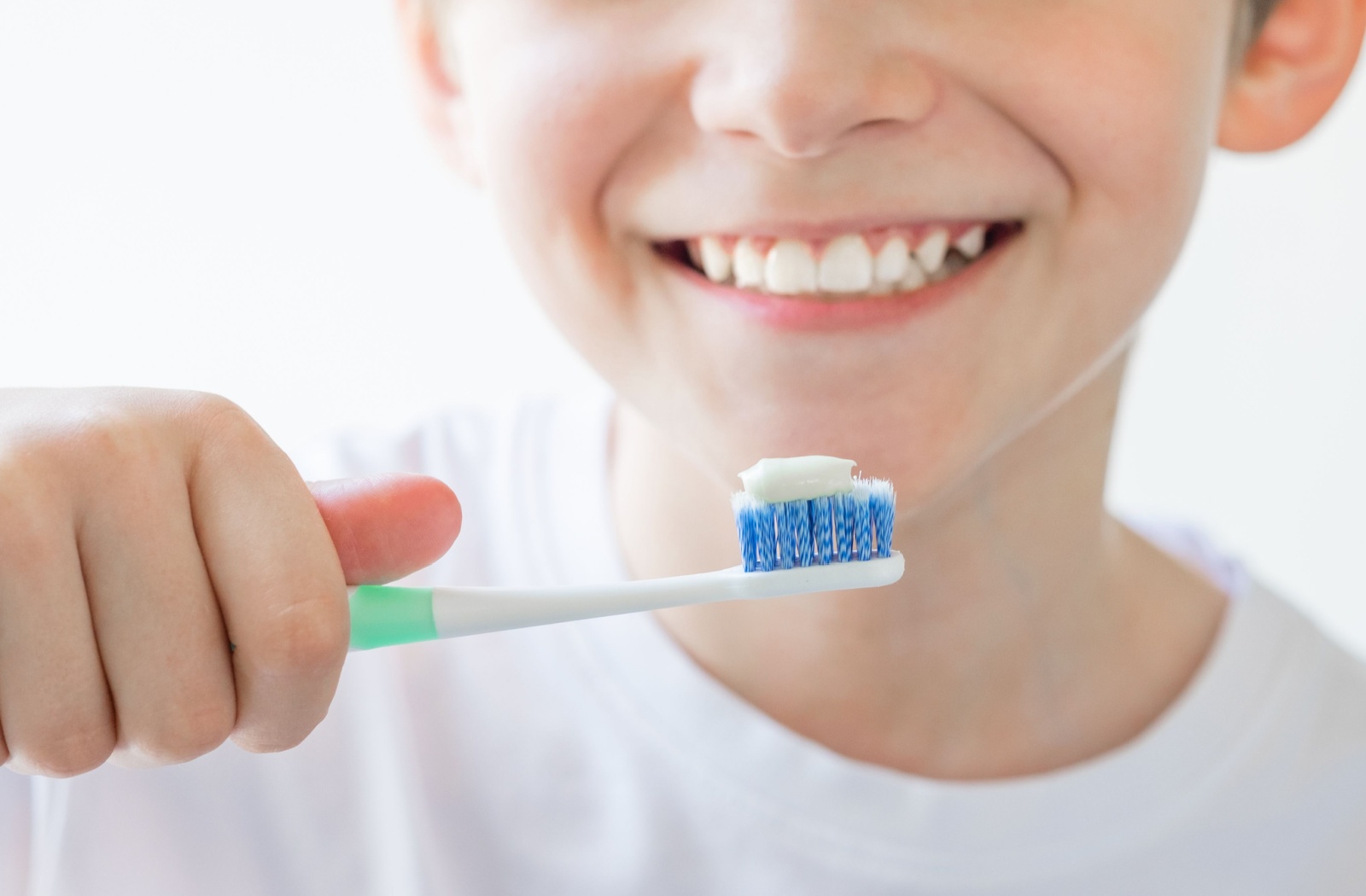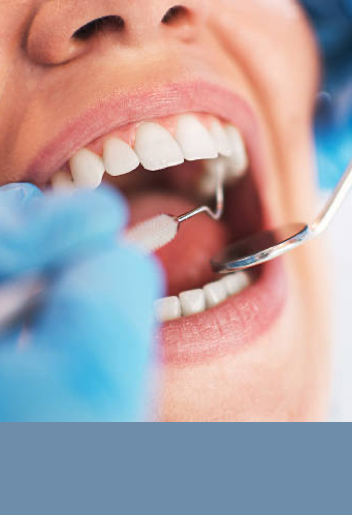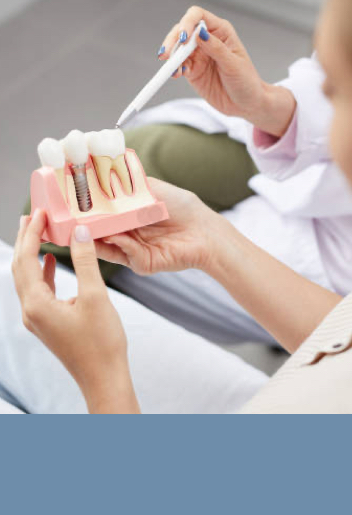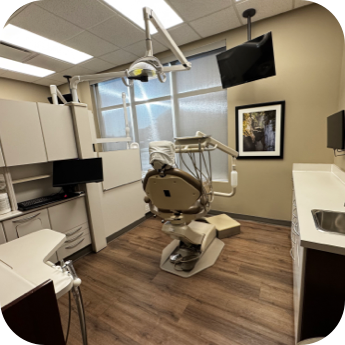A healthy smile can make all the difference in the world, and it’s something just about everyone wants to achieve. However, a healthy smile isn’t just about cosmetics—it’s about maintaining strong teeth and gums. The secret weapon for a refreshed, clean mouth? Fluoride.
Fluoride treatment has often been used in dentistry to prevent tooth decay and damage. Usually used in a rinse, gel, or varnish, it’s common to have a fluoride treatment during a routine cleaning. But what is fluoride exactly? How does it work?
At Country Hills Dental Centre, we assembled a list of the most common questions we get about fluoride so you can be informed about fluoride’s role in good dental hygiene.
What Is Fluoride?
Fluoride is a naturally occurring mineral. It’s found in the water, rocks, soil, and plants around you. Its presence in the environment means that it’s commonly ingested through drinking water and certain foods.
Fluoride’s mineralization properties are known to help fight cavities and tooth decay. Through natural exposure, fluoride can help strengthen your teeth and protect against common dental problems.
This is why fluoride is added to water in many cities in Canada and can be found in most dental care products. Due to its widespread availability and significant benefits, fluoride has become a staple in maintaining dental health.
What Does Fluoride Do for Your Teeth?
Fluoride offers plenty of benefits, and it all begins with a process called remineralization.
There are 3 layers to your teeth:
- The enamel: The hard, protective shell on the outside of your teeth. It protects the sensitive inner layers against damage.
- The dentin: The middle layer that lies beneath the enamel. The dentin helps support the enamel and keep it strong.
- The pulp: The innermost layer of your tooth. It contains blood vessels, nerve endings, and connective tissue.
When you eat or drink anything containing sugar, bacteria present in your mouth break down that sugar and produce acid. The acid, in turn, slowly dissolves the minerals in your enamel and weakens it. This process is called demineralization.
When you use fluoride—either in drinking water or dental products—it helps to remineralize the enamel. Remineralization strengthens the protective layer to help protect your teeth against decay, cavities, infections, and more.
Is Fluoride Safe?
Overexposure to fluoride can lead to dental fluorosis in children. This isn’t a serious condition—it reflects a cosmetic change in the teeth. Dental fluorosis causes streaks and white spots to appear across the enamel, but it does not present a medical concern. It’s also extremely rare!
In proper amounts, fluoride is safe. You’re usually exposed to fluoride whenever you brush your teeth. It’s in most toothpaste, and a small amount helps protect your teeth from bacteria-related wear and tear.
However, the small amount of fluoride present in dental products—toothpaste, rinses, drinking water—can’t do everything. Instead, you should regularly visit your dentist for fluoride treatments and professional cleanings.
During your appointment, your dentist will:
- Examine your teeth and gums for any issues
- Clean any plaque and tartar from your teeth
- Professionally floss between every tooth
- Apply fluoride treatment to strengthen your teeth
Regular dental cleanings and check-ups help monitor and prevent dental problems from occurring. Including fluoride in your routine is a good first step, but your dentist can help make recommendations unique to your mouth.

How Long After Fluoride Can I Eat?
After your cleaning and exam, you should wait at least 30 minutes before eating or drinking. Waiting gives your teeth time to absorb the fluoride treatment and begin the remineralization process. However, your dentist may recommend waiting longer, so make sure you listen to their advice following your appointment.
As best practice, try to always:
- Brush your teeth twice a day with a soft toothbrush and fluoride toothpaste.
- Floss after meals to dislodge any stuck food particles.
- Use antibacterial mouthwash once a day to remove residual bacteria.
When combined with regular dental appointments, these habits can make a significant difference. They should help you maintain a healthy set of teeth for years to come.
Does Fluoride Whiten Teeth?
By itself, fluoride doesn’t whiten teeth. It doesn’t contain bleaching agents or components to break down tooth stains. Instead, its function is to maintain and enhance the structure of your teeth.
Think of fluoride as a structural boost instead of an aesthetic improvement. It’s not about changing your smile’s colour or appearance—it’s about maintaining a healthy foundation for your teeth.
If you’re looking for a whiter smile, you can visit your dentist for professional teeth whitening. Special gels and agents are used to break down surface stains and give you a whiter, brighter smile.
Keep Your Smile Strong
Fluoride is a safe and effective way to keep teeth strong and protected. However, don’t just rely on brushing—come see our team at Country Hills Dental Centre for regular professional cleanings and exams.
Remember, a healthy smile is an important part of a healthy life. Our team is here to help keep you smiling bright—and strong. Book an appointment today!












